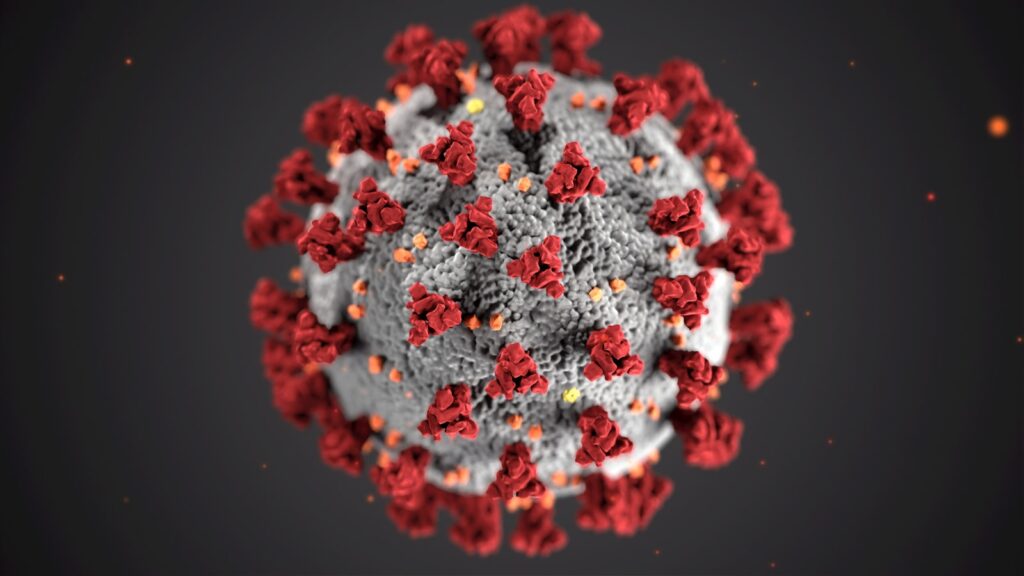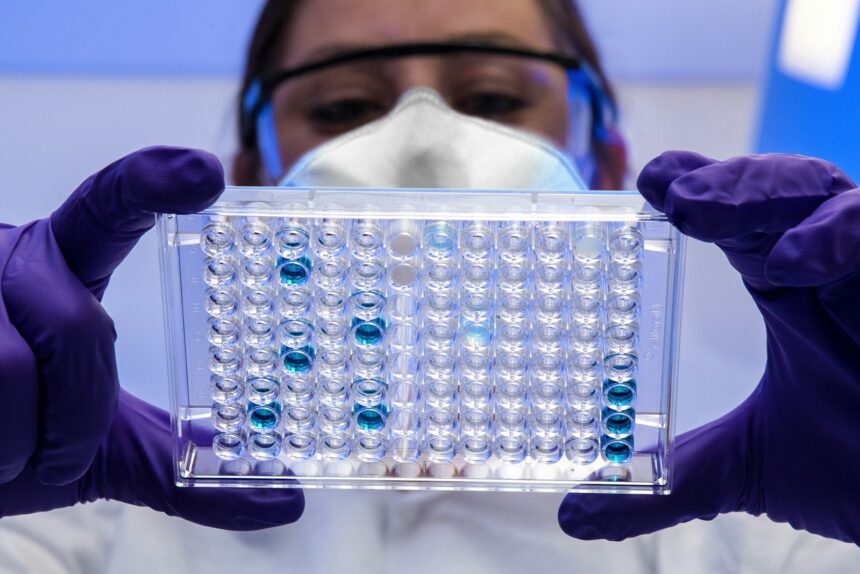Researchers at the University of California, San Diego, in collaboration with the National Cancer Institute, have uncovered an astonishing new ally in the fight against cancer—a plant-based virus known as the Cowpea Mosaic Virus (CPMV), which naturally occurs in black-eyed peas.
Despite being harmless to humans, CPMV has demonstrated a remarkable ability to activate the human immune system in a way that primes it to identify and destroy cancer cells. Unlike other plant viruses, CPMV triggers a powerful interferon response—one of the body’s most effective natural defenses against tumors—while also stimulating both innate and adaptive immunity and establishing immune memory.

In studies involving laboratory models and tumor-bearing dogs, injecting CPMV directly into the tumor site drew in immune cells such as neutrophils, macrophages, and natural killer cells. Simultaneously, B cells and T cells were activated, equipping the body to recognize and target cancer cells throughout. Remarkably, one local injection in a tumor was enough to spur systemic antitumor effects.
What sets CPMV apart from closely related plant viruses like CCMV? Researchers discovered that CPMV’s RNA persists longer in immune cells and reaches endolysosomes—cellular hotspots where key immune receptors like TLR7 are activated. This pathway is vital for antiviral and anticancer immunity, and this unique cellular journey sets CPMV apart in effectiveness.
Beyond its immunological promise, CPMV offers huge practical advantages: it can be produced sustainably in plants using only sunlight, soil, and water. This makes it not only potent but also affordable and scalable—a critical consideration in global cancer care. Researchers are now preparing clinical trials to test its safety and efficacy in humans.

Professor Nicole Steinmetz, who leads the research team, highlights that understanding how CPMV works has opened the door to designing optimal therapeutic formulations. She envisions that this plant-derived virus could soon become a powerful tool in oncology—transforming our understanding of viruses from purely harmful agents to potential lifesaving treatments.
This breakthrough may represent one of modern medicine’s most exciting leaps: a virus that fights for us, not against us—a powerful and hopeful new frontier in cancer therapy.











